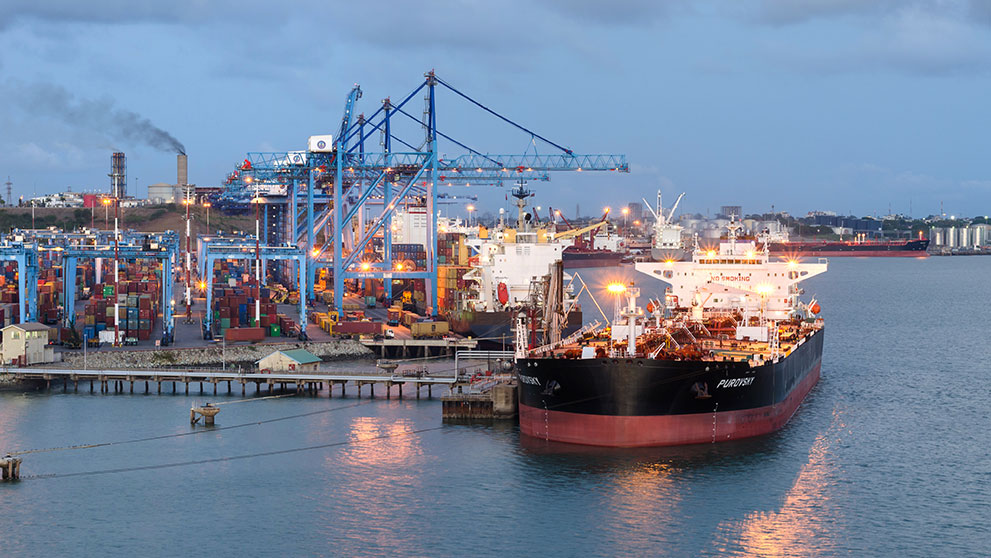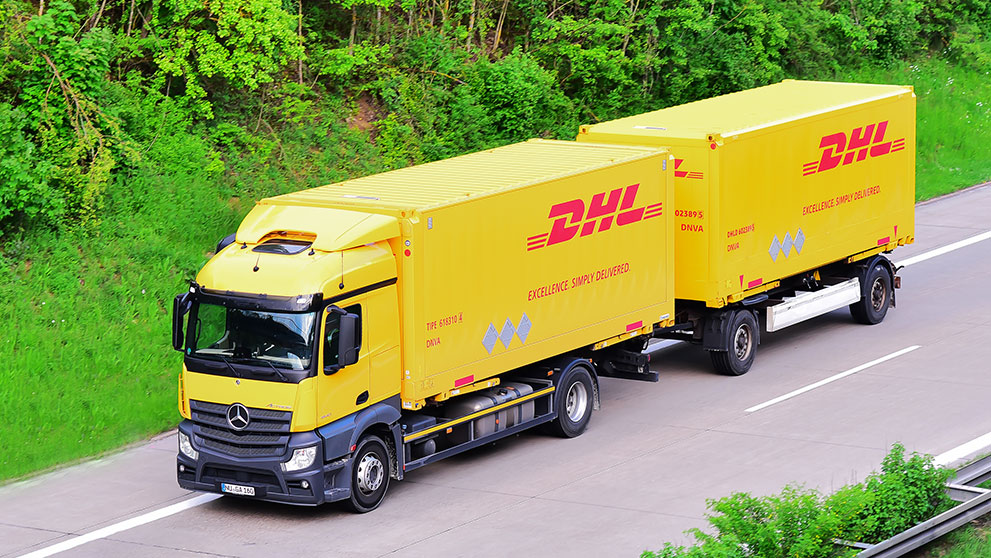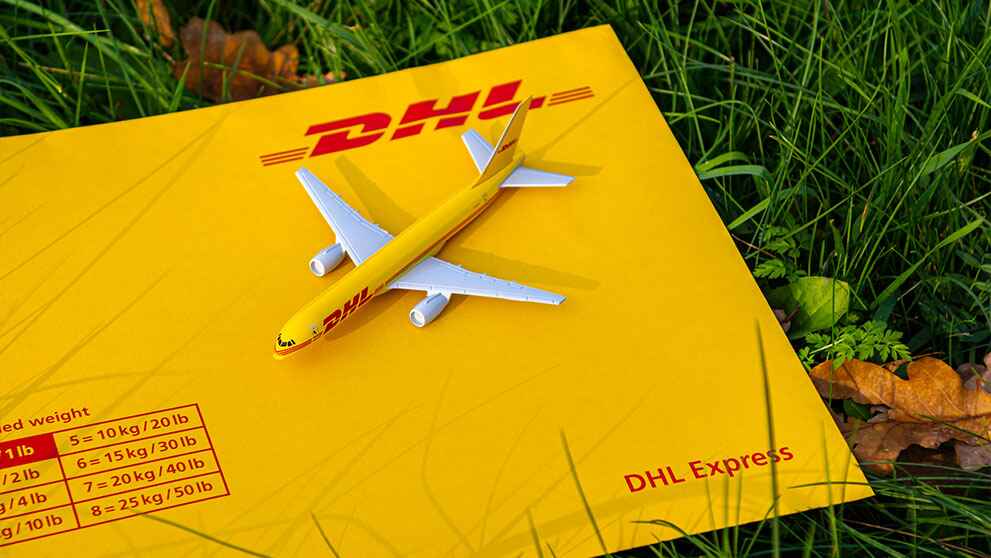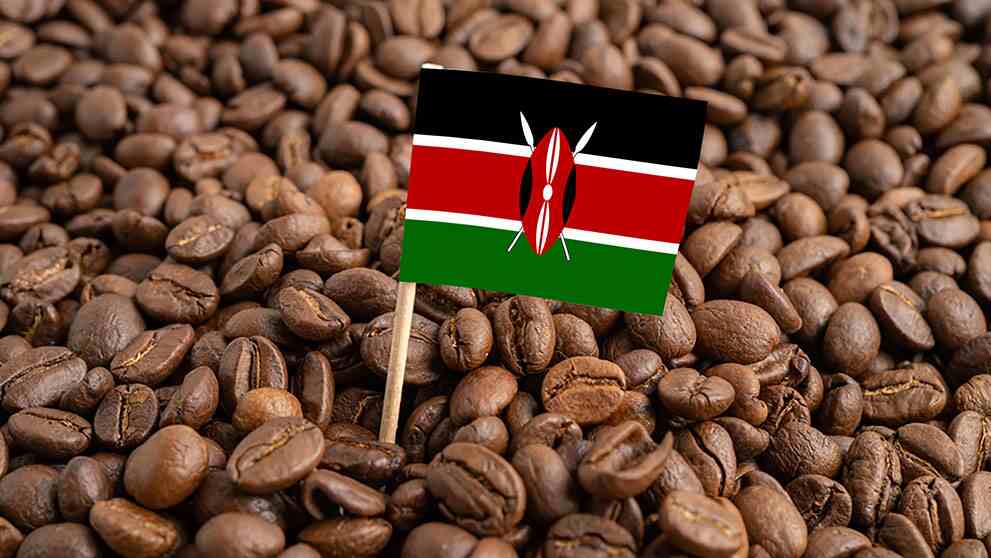Every global industry needs commerce to thrive. And that’s why every business must get a hang of it, especially regarding shipments. For Kenyan exporters navigating the international market, the journey from their warehouses to overseas or across borders can be complex.
However, amidst this complexity, there is a crucial document that can help simplify trade: the waybill. Understanding its significance and harnessing its power can significantly streamline the export process, ensuring smooth customs clearance and fostering fruitful business relationships with international buyers.

The Lifeblood of Kenyan Export
Kenya stands as the vibrant economic hub of East Africa, proudly boasting a robust export and import sector that propels its status as the largest economy in the region. The exponential growth of Kenya's exports, reaching 396.3 billion shillings (2.72 billion U.S. dollars) in 2023 from 2.24 billion dollars in 2022, underscores its expanding presence in the global market. However, within this economic prowess lies the logistical challenge inherent in each shipment.
At the centre of each export is the waybill, a vital document that guides the export journey by giving crucial details about the cargo, destination, and involved parties. Waybills are crucial for navigating the complexities of Kenya's busy export industries.
Decoding the Types of Waybills
There are various types of waybills tailored to meet specific needs for Kenyan exports. The most common ones include the air waybill (AWB), bill of lading (B/L), and road waybill. Each serves a unique purpose, whether it's for air, sea, or land transportation. The Air Waybill, for instance, is indispensable for air freight, detailing the shipment's route and terms of carriage. On the other hand, the Bill of Lading acts as a contract of carriage for sea freight, while the Road Waybill facilitates smooth transit over land borders.

The Benefits of Using Waybills
Waybills serve as more than just documentation; they are guardians of compliance and clarity in Kenya's export ecosystem. They promote transparency, fostering trust between exporters and their global counterparts.
The top ten countries that Kenya exported to in the second quarter of the 2022–23 fiscal year— Uganda, the Netherlands, Pakistan, the United States of America, Tanzania, the United Kingdom, the United Arab Emirates, Rwanda, China, and Egypt—highlight the importance of meticulous documentation for navigating various customs protocols and trade agreements. Now, let's delve into the benefits of using waybills in Kenya's export operations:
The Waybill Advantage:
Compliance Assurance: Waybills keep you on the right side of international regulations, ensuring smooth customs clearance and no nasty surprises.
Transparency and Accountability: By meticulously documenting each stage of the export process, waybills foster transparency and accountability, instilling confidence in international buyers and mitigating the risk of disputes.
Efficiency Enhancement: Waybills streamline logistics operations, enabling exporters to track shipments, optimise routes, and minimise transit times, thus maximising operational efficiency.
Risk Mitigation: With comprehensive information about cargo, destinations, and parties involved, waybills help mitigate the risk of loss, theft, or damage during transit, safeguarding the interests of all stakeholders.
Waybill Wisdom from the Pros
Ready to become a waybill master? Here's some insider advice:
Partner with the Best: Collaborate with logistics pros like DHL to tap into their expertise and global network.
Go Digital: Ditch the paperwork and embrace electronic waybills for speedier processes and lower costs.

Practical Tips for Effective Utilisation
Kenyan firms might take a strategic approach to efficiently using waybills. Partnering with reputable logistics companies like DHL can provide exceptional experience and assistance. Exporters may feel certain that their goods are safe when they commit their shipments to a professional courier service. Additionally, investing in digital technologies such as electronic waybills can help expedite paperwork procedures, saving time and costs.
In conclusion, waybills are not merely pieces of paper; they are a significant part of exports. By understanding their importance and harnessing their power, businesses can simplify the complexities of international trade and embark on a journey of growth and prosperity. With DHL as a trusted shipping partner, the possibilities are limitless.

















